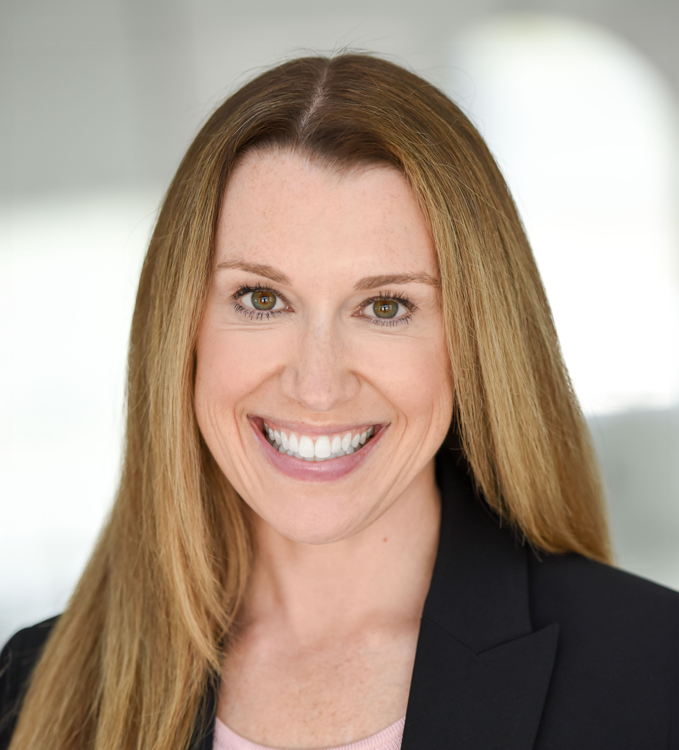
The Great Wealth Transfer: Navigating the Economic Divide Between Boomers and Millennials
The Great Wealth Transfer: Navigating the Economic Divide Between Boomers and Millennials
In today’s dynamic economic landscape, we are witnessing an unprecedented wealth transfer, with trillions of dollars moving from one generation to the next. This shift is challenging traditional notions as new values and interests take center stage. In short, the economy is changing, and while some of these new practices might raise an eyebrow or two, not all of these ideas are without merit.1
Understanding Generational Perspectives
Members of the boomer generation may find themselves easily frustrated or confused by the contrasting perspectives held by millennials, but acknowledging these differences is crucial for fostering better communication and understanding.
Younger generations, including millennials and Gen Z, have a different perspective on wealth than their forebears. As these individuals approach their middle-aged years, an interesting trend has emerged: embracing a YOLO (You Only Live Once) lifestyle. With these generations now in the driver’s seat, they seem to be stepping on the gas and driving towards exciting, once-in-a-lifetime experiences.
The YOLO Economy
At this point, it bears looking at the “why” of this YOLO economy phenomenon. In other words, why do these forty-somethings spend as if there is no tomorrow?
Several factors may be contributing to millennials’ spendthrift attitude, including:
- Less Money, Higher Costs: The average 35 to 44-year-old earns about $70,500 a year. While this is more than what previous generations earned at the same age, the rising cost of living including housing, healthcare, childcare, and education have significantly reduced their purchasing power.2
- Less Control: Millennials hold a significantly smaller share of the national wealth compared to previous generations. While the post-World War II generation controlled approximately 52% of wealth in the U.S., millennials only control about 9%.3
- Changing Family Dynamics: Middle-aged millennials are less likely to marry or start families of their own. By age 40, only 44% of millennials have married, compared to 61% of Gen X and 53% of baby boomers. Only 30% of millennials live with a spouse and at least one child, far lower than prior generations. With fewer marriages and smaller family units, millennials have bypassed traditional family-related expenditures.4
Shifting Values
The result of these changing dynamics is a very different economic picture for today’s middle-aged individuals. Consequently, all of these differences have brought about a different set of values.
Among millennials, 78% prefer spending money on experiences rather than material possessions, whereas prior generations may have prioritized things like home ownership, car purchases, and long-term investments. As a result, spending on travel, events, and entertainment has become more of a priority, reflecting the broader cultural shift toward valuing experiences over things.5
Interestingly, many boomers today are finding themselves in a similar situation as their millennial counterparts. Most of the boomer generation has reached retirement and may be finding themselves in need of further stimulation in their golden years. While many continue to work part-time, start their own businesses, or help their families with childcare, there may be a hint of that YOLO spirit and yearning for adventure in them as well.
Balancing Security and Enjoyment
Regardless of generational labels, our middle-aged and golden years are a time for us to enjoy life’s experiences and find what brings us joy. Thus, it’s important to remember that wealth serves dual purposes: ensuring financial security and allowing us to enjoy life.
If you’ve been working hard to pursue financial freedom, maybe it’s time to factor in your need for enjoyment. It’s also possible that the younger people in your family have been too frivolous with their spending and should be prioritizing saving and investing. Consultation with a financial professional can help you find a balance and bridge the divide between these differing values and goals, considering both your immediate desires and future security.
1 Fortune.com, March 28, 2025
2 SmartAssett.com, February 24, 2025
3Statista.com, 2025
4PewResearch.org, 2025 (based on a 2022 study)
5Harris Interactive, 2025
Related Topics
Disclosures: Please remember that past performance may not be indicative of future results. Different types of investments involve varying degrees of risk, and there can be no assurance that the future performance of any specific investment, investment strategy, or product (including the investments and/or investment strategies recommended or undertaken by Concord Wealth Partners, or any non-investment related content, made reference to directly or indirectly in this newsletter will be profitable, equal any corresponding indicated historical performance level(s), be suitable for your portfolio or individual situation, or prove successful. Due to various factors, including changing market conditions and/or applicable laws, the content may no longer be reflective of current opinions or positions. Moreover, you should not assume that any discussion or information contained in this newsletter serves as the receipt of, or as a substitute for, personalized investment advice from Concord Wealth Partners. To the extent that a reader has any questions regarding the applicability of any specific issue discussed above to his/her individual situation, he/she is encouraged to consult with the professional advisor of his/her choosing. Concord Wealth Partners is neither a law firm, nor a certified public accounting firm, and no portion of the newsletter content should be construed as legal or accounting advice. A copy of Concord Wealth Partners’ current written disclosure Brochure discussing our advisory services and fees is available upon request or on our website. Please Note: If you are a Concord Wealth Partners client, please remember to contact Concord Wealth Partners, in writing, if there are any changes in your personal/financial situation or investment objectives for the purpose of reviewing, evaluating, and/or revising our previous recommendations and/or services, or if you would like to impose, add, or to modify any reasonable restrictions to our investment advisory services. Concord Wealth Partners shall continue to rely on the accuracy of information that you have provided. Please Note: If you are a Concord Wealth Partners client, please advise us if you have not been receiving account statements (at least quarterly) from the account custodian.



